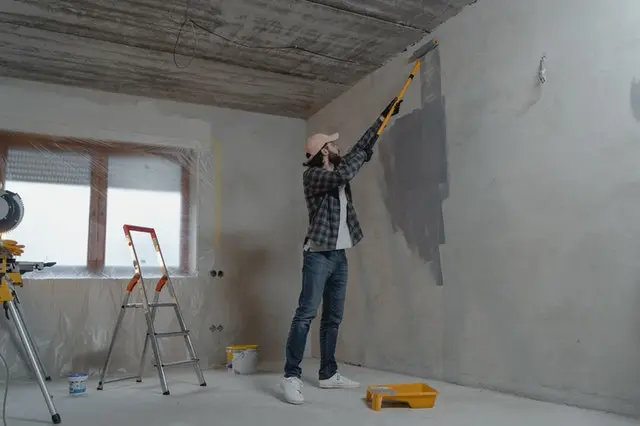Renovating your house can be a great way to make it feel more like home and add value. However, if renovations aren’t done correctly, they can cost time and money. To avoid expensive issues down the road, it’s essential to plan everything well from start to finish. You want to ensure that everything goes as smoothly as possible while still getting the desired effect. Here are some tips for avoiding costly issues when renovating your house.
1. Hire Qualified Professionals
It is always best to hire professionals for any type of renovation work. This is especially true for more significant projects such as plumbing, electrical wiring, and structural changes. Although it may be tempting to try and cut costs by hiring less qualified people or do-it-yourselfers, this could cost you more in the long run due to faulty workmanship and errors. Make sure to research contractors before you hire them so that you know they are qualified and have experience with similar projects.
It would help if you also got references from other people who have used their services. Many contractors are willing to provide references, so ask for them. They can provide you with an estimate of the costs as well as a timeline for completion. Ask questions about their experience and ensure you are comfortable with their level of professionalism.

2. Budget Properly
It is crucial to create an accurate budget before starting any renovation project so that you know exactly how much money you have available for materials and labor costs. Make sure to factor in all potential hidden costs, such as permits or additional cleanup needs, so there won’t be any surprises later in the process. It is also important to remember that most projects tend to go over budget at least somewhat—leaving some extra room within your budget can help you avoid any significant financial issues should something unexpected come up during your renovation project.
For example, when building a garage, you must make sure you have the correct calculations for the floor plan, foundation, walls, and roof. Some people find it more convenient to build a detached garage due to the extra space, but you must remember that this will also require additional labor and material costs. So you want to have clearly defined detached garage plans that factor in these costs.
3. Get the Right Permits
Some areas require obtaining a permit before you can start renovating your house. This ensures that the renovation is done correctly and meets all local building codes. If you don’t get the proper permits, it could lead to costly fines or having to redo the work. Many contractors can help you with the paperwork and obtaining the permits, so make sure to ask about this when you are talking to them.
Make sure to check with your local building department to determine what permits you may need for the type of work you plan on doing. You should also find out how long the permit process takes so that you can plan accordingly. If you are unsure about any information, contact a contractor who can provide you with more detailed advice or assistance.
4. Plan Ahead for Unexpected Costs
No matter how much planning and research you do ahead of time, a renovation project will always incur unexpected costs. For example, if your contractor discovers rot or mold in a wall while working on it, they will need to fix this issue before continuing with the rest of the project. Setting aside a contingency fund for these issues will help minimize any stress or delays caused by unexpected costs.
A good rule of thumb is to plan for an additional 10-15% of your total budget to cover any unexpected costs. This fund should be kept aside from the rest of your budget and only used if necessary. It is also important to remember that if you don’t use the money in this fund, you can always apply it toward other areas of the renovation project.
Renovating your house can add value and make it feel more like home; however, if not done correctly it can cost time and money down the road. To avoid costly issues when renovating your house, follow the tips above. Make sure to research the type of renovation you plan on doing, find a qualified contractor and get the right permits, budget properly, and set aside a fund for unexpected costs. These preventative steps can help ensure that your house renovation goes as smoothly and cost-effectively as possible.

